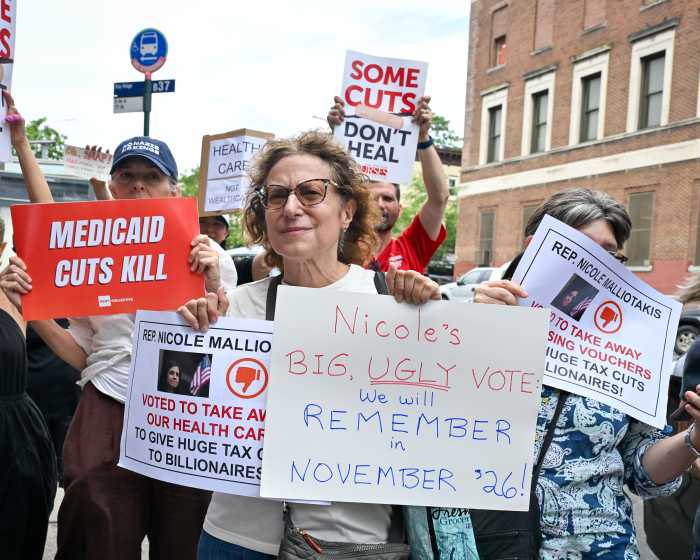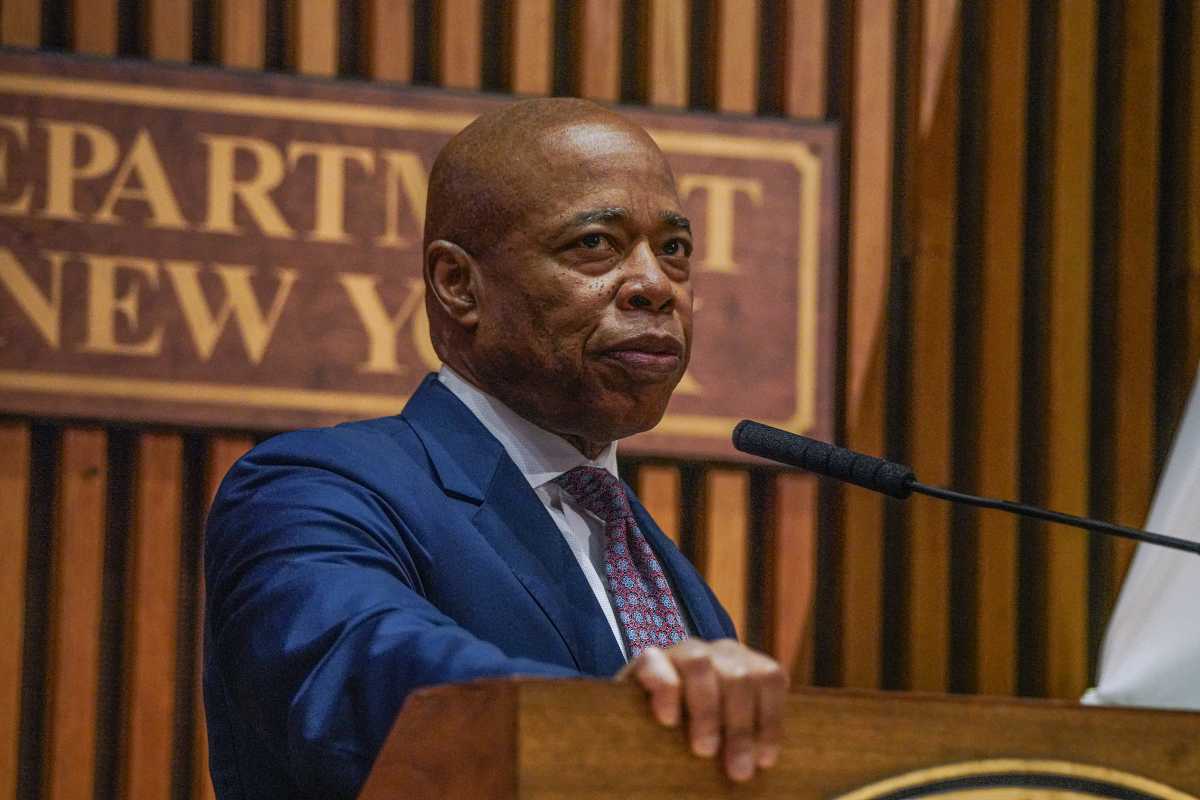As a military veteran from Bay Ridge who served in the U.S Coast Guard as a Maritime First Responder, I’ve witnessed firsthand the sacrifices made to protect the democratic principles that define our nation. One crucial aspect of preserving our democracy is ensuring fair and accessible elections. In this digital age, the shift toward electronic absentee voting is not just a technological advancement but a vital step in strengthening the democratic process. As veterans, we understand the value of modernizing our electoral system to uphold the very principles we’ve sworn to defend.
That’s why I strongly support electric absentee voting, and urge Albany to pass legislation from Senator Zellnor Myrie of Brooklyn permitting it this year.
Most importantly, voting needs to be safe. With advancements in cybersecurity, electronic voting systems can be fortified against potential threats, providing a resilient defense against interference. By leveraging encryption, multi-factor authentication, and secure networks, we can make electronic absentee voting just as safe, if not safer, than other voting options, while also ensuring military voters and other voters living or working outside the country can successfully exercise their right to vote.
For military personnel deployed overseas, electronic absentee voting represents a monumental leap forward in ensuring their voices are heard. When I served overseas, I was unable to vote in the 2021 mayoral election in NYC because it was a logistical nightmare trying to submit a ballot. The ability to cast a vote securely from anywhere in the world eliminates the challenges and time constraints that often hinder military personnel from participating in elections. This not only honors the service of our armed forces but reinforces the democratic principle that every citizen’s vote counts, regardless of their geographical location.
The efficiency and accuracy inherent in electronic balloting systems streamline the electoral process, making it more responsive to the needs of a dynamic and ever-changing society. Traditional paper ballots can be susceptible to errors, leading to contested results and prolonged disputes. Electronic systems, on the other hand, reduce the margin for error and ensure a faster, more accurate tally of votes.
As veterans, we appreciate the importance of swift and decisive action. Electronic absentee voting aligns with these principles, promoting a more agile and responsive electoral system. The ability to quickly adapt to evolving circumstances, such as emergencies or unexpected events, is crucial in maintaining the integrity of our elections and upholding the democratic values we hold dear.
Electronic absentee voting also contributes to making our democracy more inclusive and accessible to all citizens. For those with disabilities, electronic voting systems can offer features like screen readers and customizable interfaces, ensuring that every voter, regardless of physical ability, can participate independently and privately. This inclusivity aligns with the values we fought to protect – a democracy that represents the diverse voices within our society.
Moreover, electronic absentee voting can facilitate early voting and absentee balloting, providing flexibility for citizens facing challenges such as work schedules, health issues, or other responsibilities. This adaptability fosters a more participatory democracy, echoing the principles that veterans have dedicated their lives to defend.
Electronic voting systems bolster security, enhance efficiency, and promote inclusivity, aligning with the values we hold dear as defenders of democracy. As we strive to uphold the principles for which we served, it is essential to embrace innovations that ensure the integrity and accessibility of our electoral system. The transition to electronic absentee voting is not just a modernization effort; it is a testament to our commitment to a democracy that remains resilient, secure, and inclusive for generations to come.
Michael Matos is a Bay Ridge resident who served in the U.S Coast Guard as a Maritime First Responder.
























